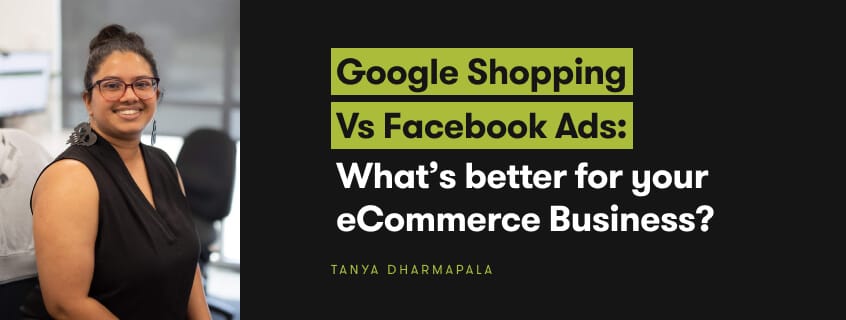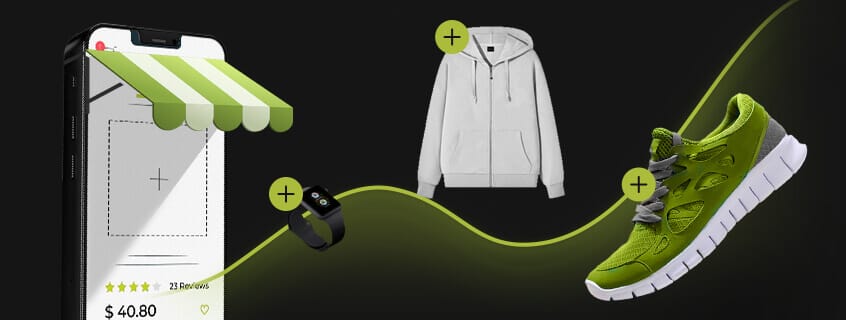

Whether you've been in the business forever, or just starting with eCommerce, you really can't ignore online advertising. The internet is chockablock with options and the right ads will help get you in front of the right people. The question is, where are your shoppers? Take charge of your marketing strategy by comparing the power of Google Shopping vs Facebook Ads.
Google Shopping and Facebook Ads (now Meta Ads) are undeniably the biggest players in the space - both offering very unique shopping experiences to their users. Is one ad platform better than the other? It's a big question - so let's break it down.

Really, the possibilities are endless. It's all about how you carve out the ideal buyer's journey across both platforms and keep consistent touchpoints with your potential customers, in order to grow the success of your online store.
Really, the possibilities are endless. It's all about how you carve out the ideal buyer's journey across both platforms and keep consistent touchpoints with your potential customers, in order to grow the success of your online store. Take action now by leveraging the strengths of Google Shopping vs Facebook Ads to maximise your store's growth potential.
If you need some help with your strategy, hit up the Google shopping ad management experts and Facebook ads enthusiasts right here at Dilate!
what our clients are saying
create business. better everyday.
Let's Talklearn from the best minds in the business
Bodie provides some insight into Dilate's internal operations. How we approach what we do, and how we strive to be Better Everyday.

"*" indicates required fields


